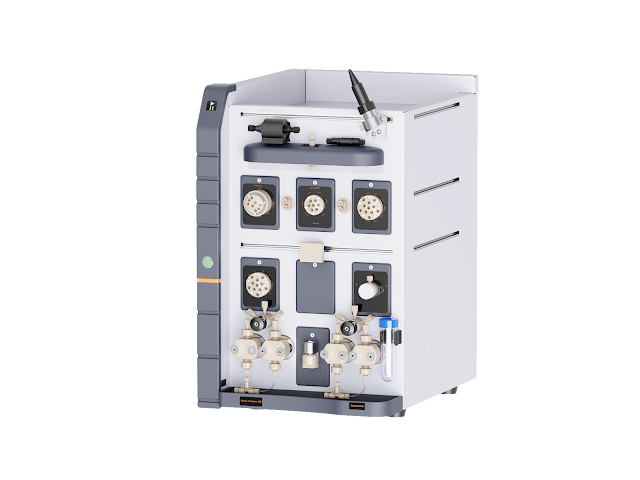Essential Lab Equipment and the Role of FPLC in Modern Research
Imagine walking into a state-of-the-art laboratory where each piece of equipment plays a crucial role in advancing scientific knowledge. In such an environment, lab equipment and sophisticated technologies like FPLC (Fast Protein Liquid Chromatography) are indispensable. This article explores the significance of essential lab equipment and the transformative impact of FPLC on biochemical research and development.
The Backbone of Scientific Discovery: Lab Equipment
Lab equipment is the cornerstone of any scientific research facility. From simple tools like pipettes and Petri dishes to advanced machinery such as spectrophotometers and chromatography systems, each piece of equipment is vital for conducting experiments and obtaining accurate results. Properly maintained and calibrated equipment ensures that researchers can perform their tasks efficiently and safely, leading to reliable and reproducible outcomes.
Key Categories of Lab Equipment
Laboratories are equipped with a wide range of tools, each serving a specific purpose. General lab equipment includes items like microscopes, which allow scientists to observe tiny structures and organisms, and centrifuges, which separate components of a sample based on density. Analytical instruments, such as mass spectrometers and nuclear magnetic resonance (NMR) spectrometers, are used to identify the chemical composition and structure of substances. In addition, specialized equipment like incubators and biosafety cabinets provide controlled environments for cell culture and handling hazardous materials, respectively.
The Evolution and Importance of FPLC
Fast Protein Liquid Chromatography (FPLC) is a specialized type of chromatography designed for the purification and analysis of proteins. Unlike traditional chromatography methods, FPLC offers high resolution, speed, and automation, making it a preferred choice in both research and industrial applications. Developed to handle the complexity of protein mixtures, FPLC systems efficiently separate proteins based on their size, charge, and affinity, providing researchers with high-purity samples essential for downstream applications.
How FPLC Works
The process of fast protein liquid chromatography involves passing a protein mixture through a column packed with a resin. This resin is selected based on the desired separation technique, such as ion exchange, size exclusion, or affinity chromatography. As the mixture flows through the column, proteins interact with the resin and are separated based on their specific properties. Detectors monitor the eluent, allowing scientists to collect fractions containing the target proteins. This automated process reduces human error and increases the throughput of purified proteins.
Benefits of FPLC in Protein Purification
The advantages of using FPLC in protein purification are manifold. First, its automation and precision result in higher yields of purified proteins with less variability, which is crucial for reproducible research results and reliable industrial processes. Second, FPLC systems are scalable and suitable for both small-scale laboratory research and large-scale industrial production. This flexibility makes them invaluable across various sectors, including biopharmaceuticals, where the purity and consistency of proteins are paramount.
Integrating FPLC with Other Lab Equipment
The effectiveness of fast protein liquid chromatography can be enhanced when integrated with other lab equipment. For instance, combining FPLC with mass spectrometry allows for the detailed characterization of purified proteins, providing insights into their structure and function. Additionally, integrating FPLC with automated sample preparation systems and data analysis software streamlines the workflow, further increasing efficiency and accuracy.
Future Prospects of Lab Equipment and FPLC
The future of lab equipment and FPLC looks promising, with ongoing advancements aimed at increasing efficiency, accuracy, and user-friendliness. Innovations in digital technology, such as artificial intelligence and machine learning, are expected to further optimize laboratory workflows. These technologies will enable predictive maintenance, automated data analysis, and more personalized experimental setups, revolutionizing the way research is conducted.
Conclusion
The combination of essential lab equipment and advanced technologies like FPLC is crucial for the success of modern scientific research. These tools not only enhance the accuracy and efficiency of experiments but also enable groundbreaking discoveries in fields such as biochemistry and molecular biology. For more information on cutting-edge lab equipment and FPLC systems, visit Inscinstech.com.cn. This platform offers detailed insights and resources, helping researchers and industry professionals stay informed and competitive in the rapidly evolving world of science.

.jpg)
.jpg)

Comments
Post a Comment